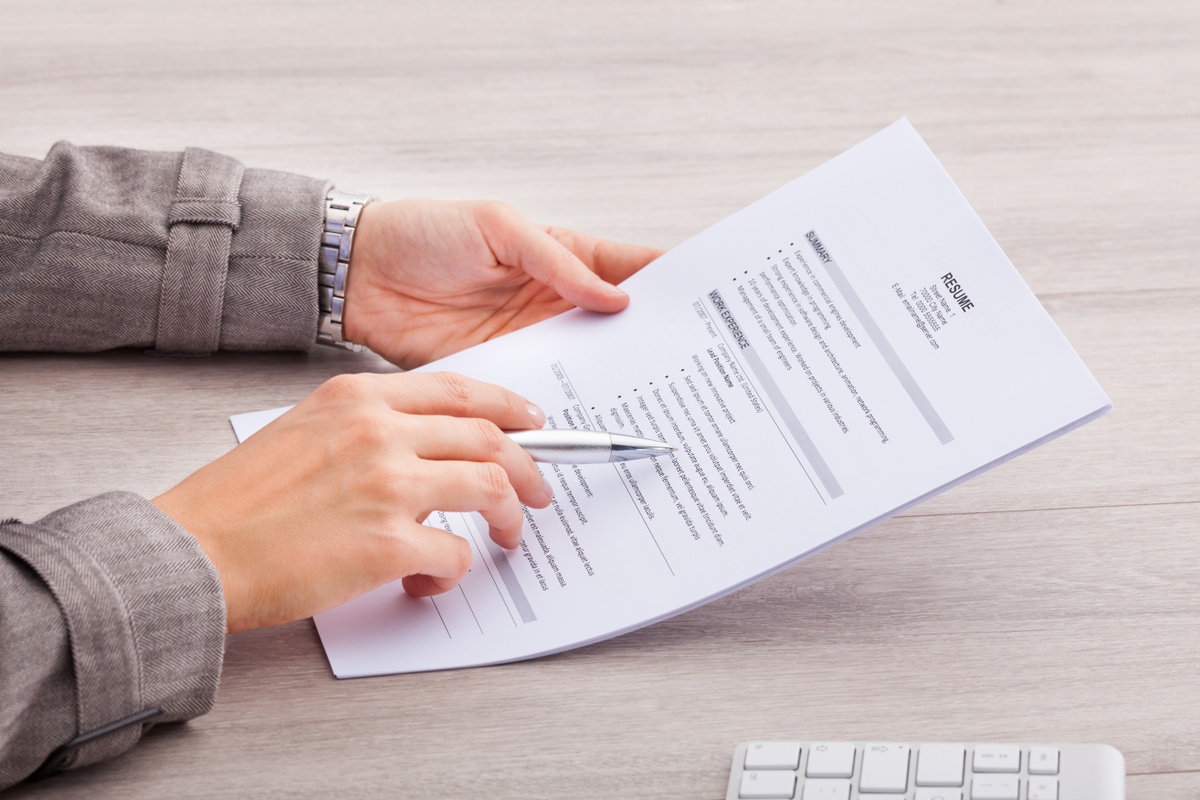
With over 36 million Americans unemployed, job-hunting during the Covid-19 pandemic can be daunting. While industries like hospitality and retail have been particularly hard hit, some sectors are actually growing. If you’re looking to get into manufacturing, especially medical supplies, or get a job at a seller or shipper of essential items like groceries, now is the time. Many companies are hiring thousands of workers.
So what’s next for job hunters? Let’s start with the safety basics. If you’re looking for a position during the pandemic you should understand:
Covid-19 Symptoms
If you experience the symptoms of coronavirus, first get in touch with your healthcare provider. Symptoms of Covid-19 include:
If you’re not sure whether to call your doctor, the CDC has a handy symptom checker to help guide you. Second, you need to stay home except to get medical care. Do not go to work, job interviews, school, or public areas.
Most people have a mild illness and are able to recover at home, but anyone—not just those with underlying conditions—can experience severe symptoms. If you or someone you know shows emergency warnings signs, like trouble breathing, then it’s time to get emergency medical help right away.
Covid-19 Risk Factors
While most people have mild symptoms, older adults and people with certain underlying medical conditions seem to be at higher risk for developing more serious complications from Covid-19. Higher risk groups include anyone who falls under these categories:
If any of these apply to you, you’ll want to be extra careful during your job search and application process to ensure your prospective employer is following OSHA guidelines and taking steps to keep their workers safe.
OSHA Standards
The Occupational Health and Safety Administration was created in 1970 to protect workers from being killed or seriously harmed at work. The OSHA standards are the rules and methods that employers must use to protect their employees from hazards while on the job.
While different industries have their own set of standards, the general rules apply to things like setting up scaffolding, operating heavy machinery, and personal protective equipment (PPE).
Understanding how these standards apply to your industry means understanding whether a company or prospective employer is adequately protecting their workers. This is especially important in the context of the pandemic.
OSHA has released an updated guide for employers to prepare their workplace for Covid-19. To best protect their employees, OSHA recommends workplaces develop an Infectious Disease Preparedness and Response Plan to address:
When looking for jobs, especially once you’ve been offered a position, you’ll want to consider how the company is adapting working conditions to protect its employees.
EEOC Pre-employment Screening for Covid-19
Now that tests are becoming more readily available, one step employers may start taking to protect their workforce is screening current and prospective employees for Covid-19. While this is an important step in reducing community transmission, it’s important to be aware of what your rights are when any prospective employer requires your personal medical information. Here’s the rundown.
The Equal Employment Opportunity Commission (EEOC) enforces workplace anti-discrimination laws. In the context of job interviews, it dictates what it’s legal for an employer to ask a prospective employee to ensure the interview process is legal and fair.
So what exactly are your rights when it comes to Covid-19 screening? The bottom line: Any mandatory medical test must be job-related and consistent with business necessity. Because an individual with the virus would pose a direct threat to the health of others, companies may require prospective hires to be screened.
What you should know about Covid-19 screening and your rights:
The EEOC also has a more detailed FAQ that addresses what you should know about Covid-19, the ADA, and other EEO laws.
Next Steps
While the pandemic has certainly changed the landscape when it comes to looking for a job, try to stay calm. There are still a number of companies hiring. Here’s what to do next: